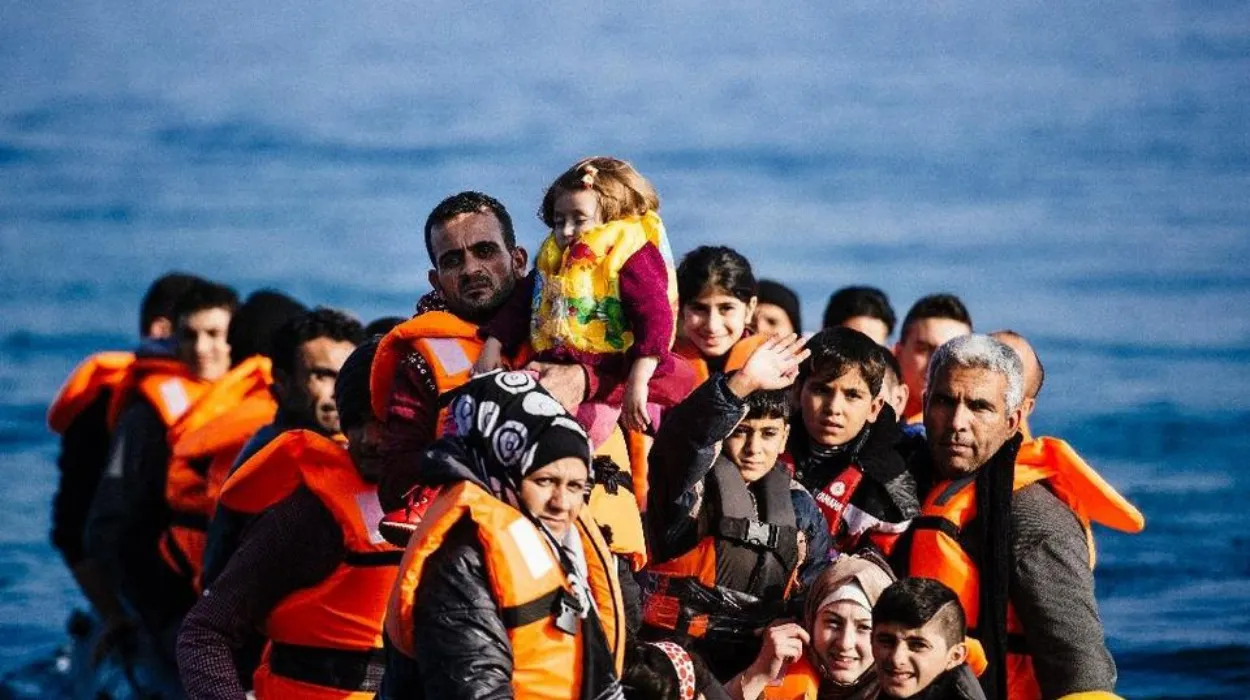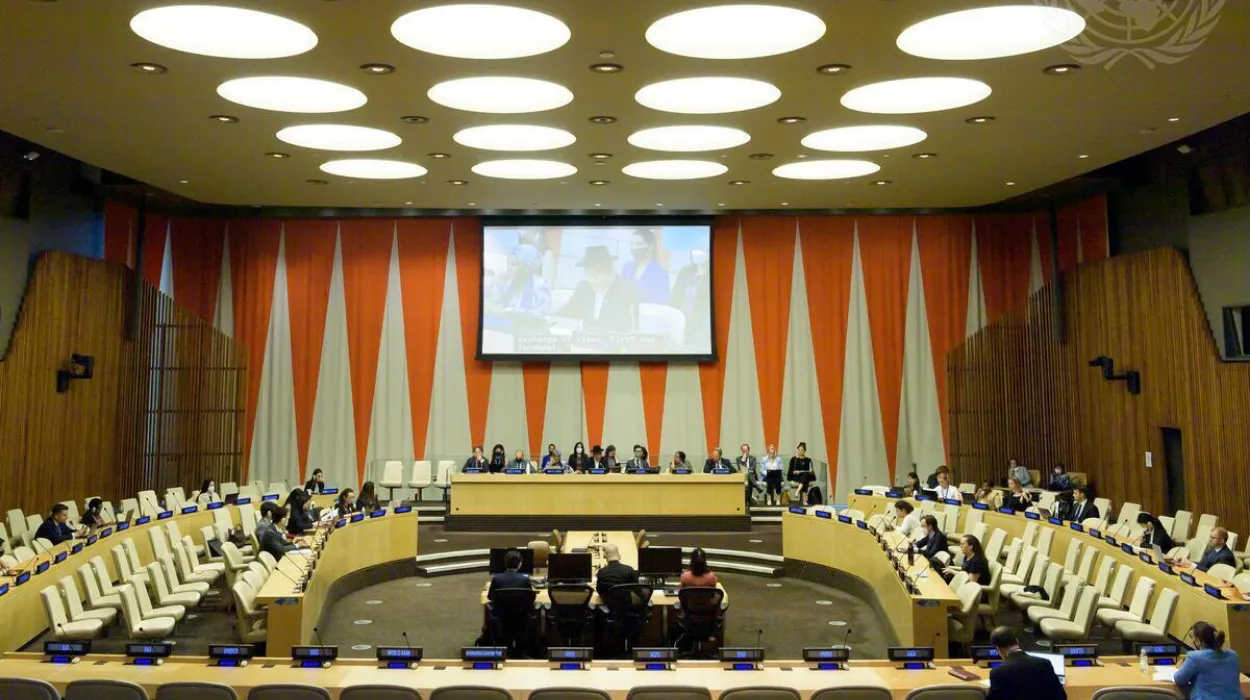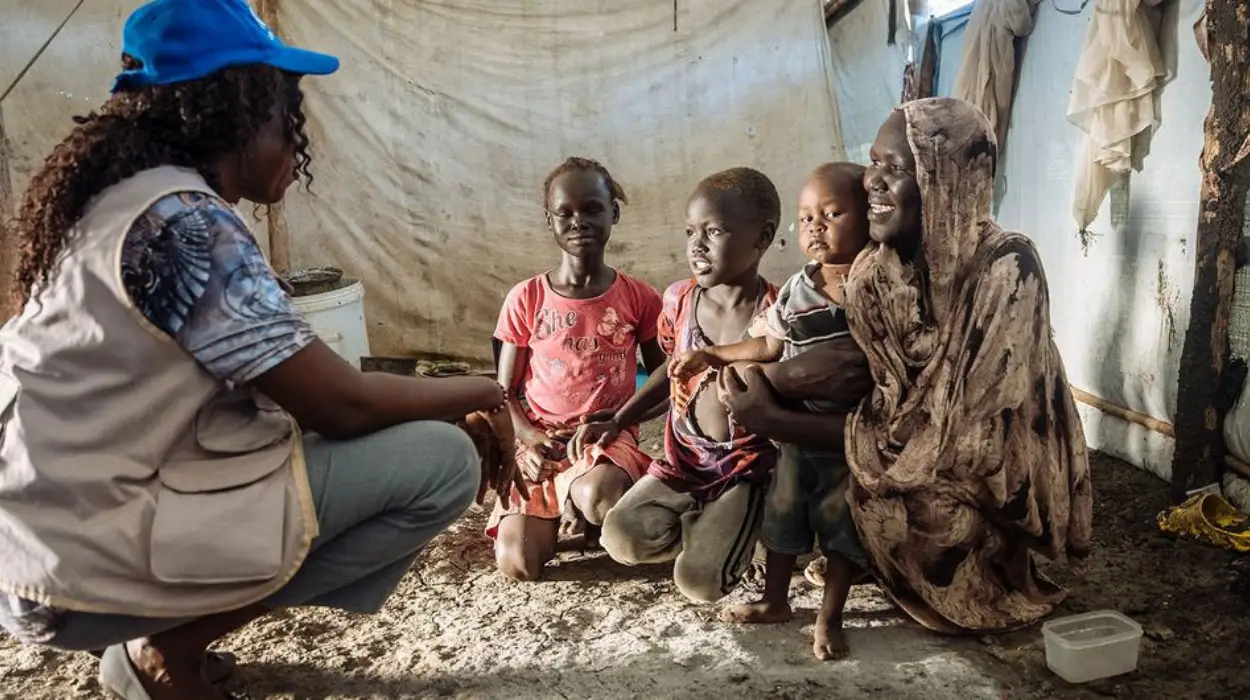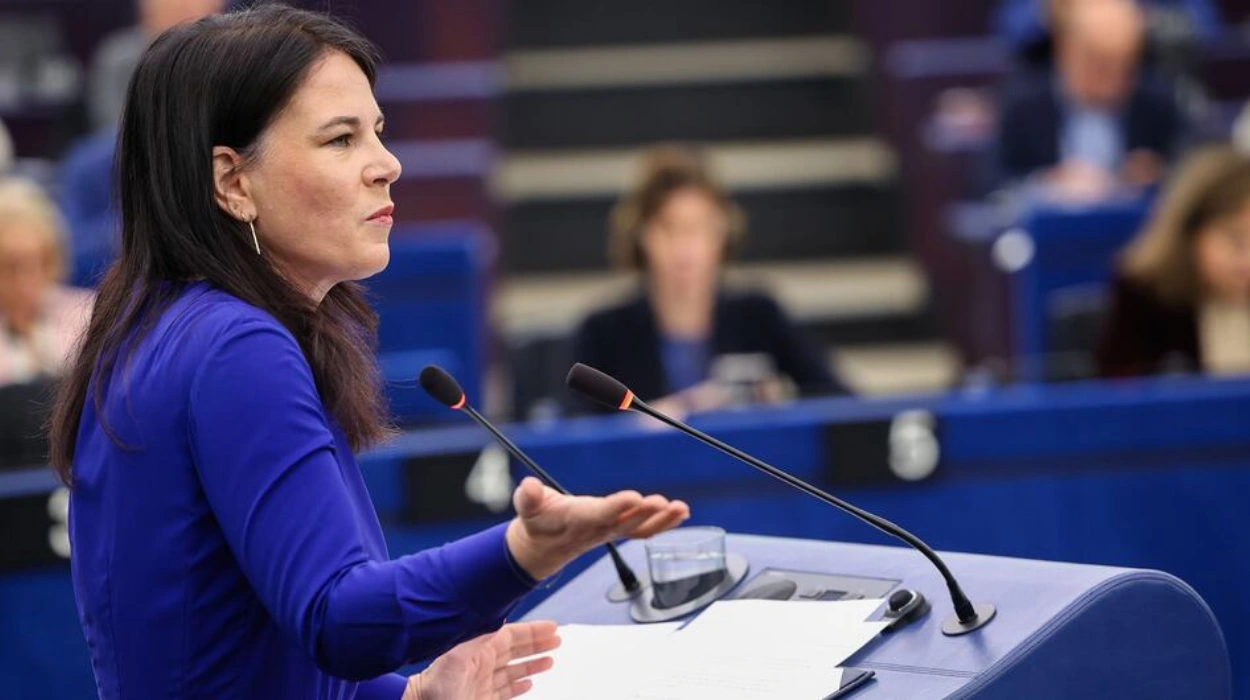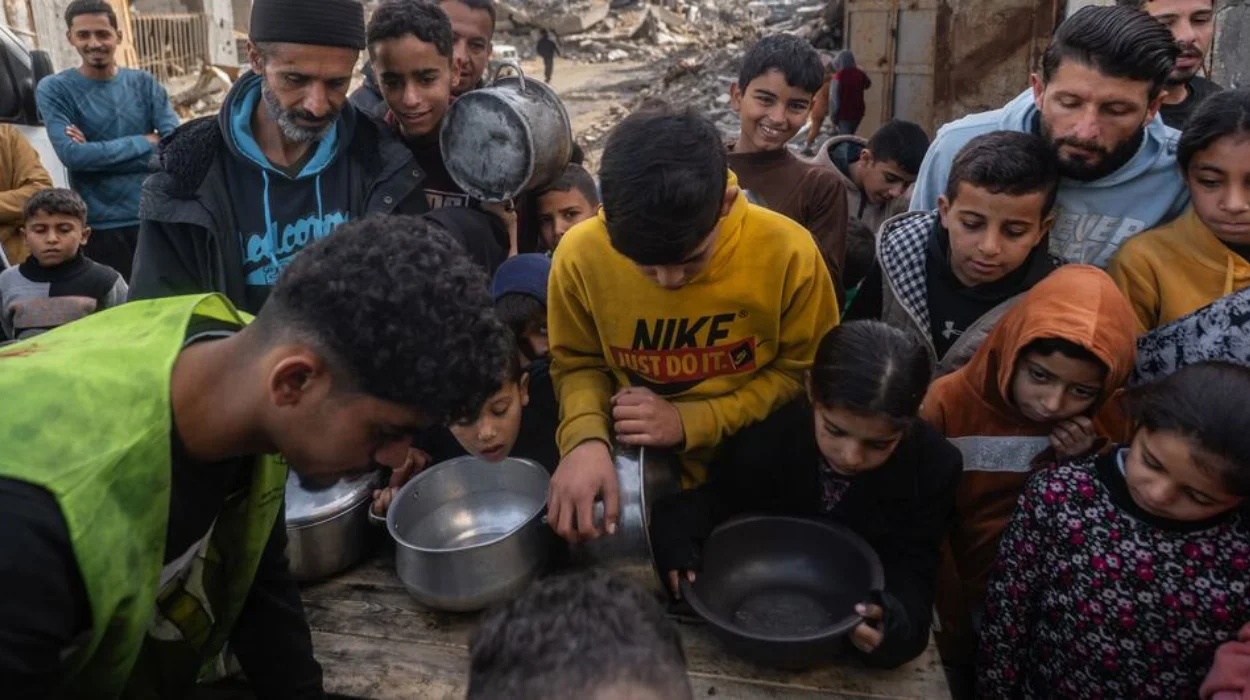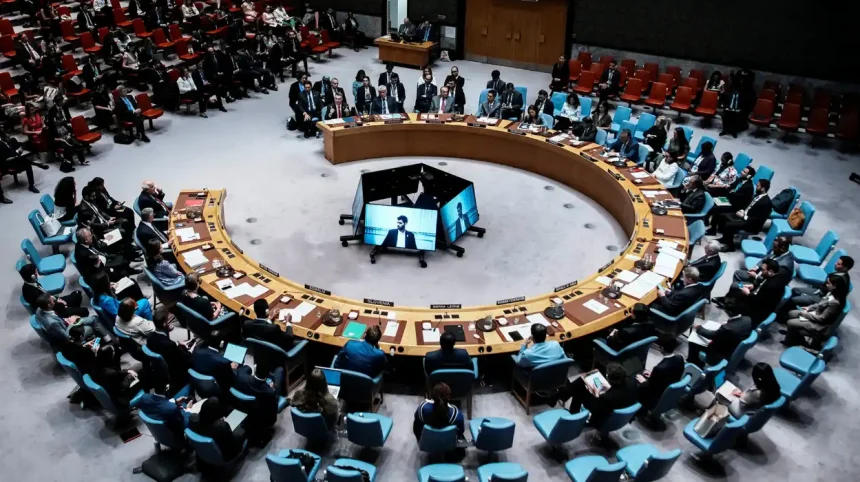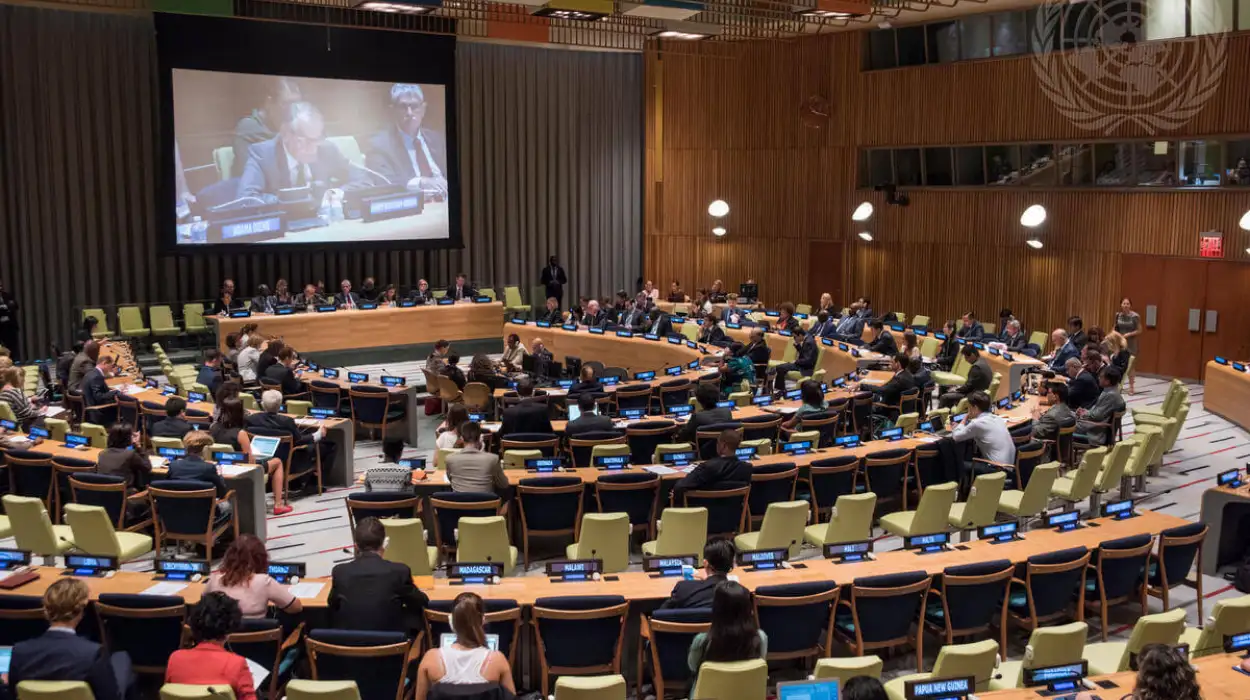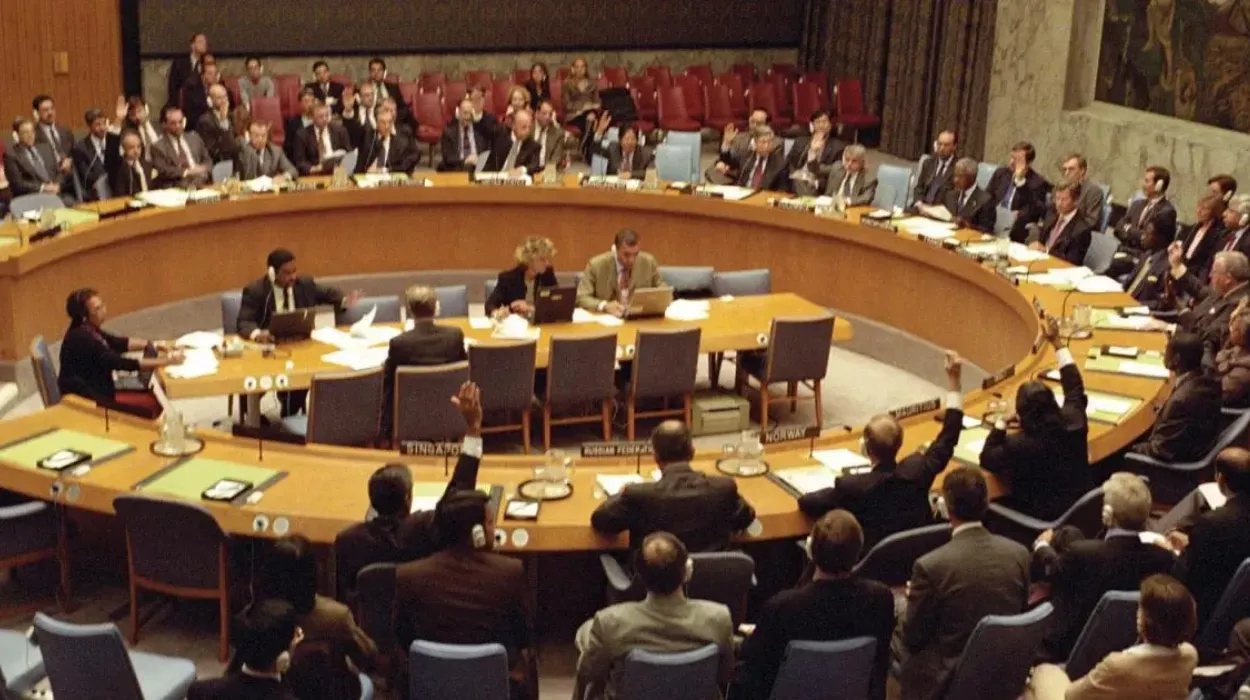The United Nations Security Council came into the picture following the occurrence of World War II and its members constituted the main organ of international peace and security. The design of it was to guarantee consensus among the strongest countries of the time through the right of five permanent members namely: the United States, Russia, China, the United Kingdom and France, to veto substantive decisions. This set-up was supposed to avoid a dispute by great powers and make them continue their involvement in world security management.
The veto easy-access feature enables any permanent member of the system to prevent resolutions irrespective of the international backing or even urgency. Although initially viewed as a tool of stabilization, recently, the veto has become a tool of protecting geopolitical interests at times to the detriment of the global community to effectively respond to crises. Its use has brought a profound split on the frontier between state sovereignty and humanitarian duty.
Veto Power In Practice: Patterns And Consequences
The frequency and controversial nature of the use of veto have increased in the past ten years. The 2024 case alone witnessed a high rate of blocked resolutions, who were hard set against each other and whose mistrust continued to rise. It was the year of the fewest adopted resolutions in recent Security Council history, and the most vetoes since the cold war.
Impacts On Conflict Response And Humanitarian Relief
Vetoes have stalled activities in some of the most important areas. In Syria, the mechanisms suggested to examine the usage of chemical weapons were prohibited. In Yemen, the efforts to enforce ceasefire practices and arms movement monitoring were put to a halt. Russia and China vetoed measures in Ukraine and Myanmar respectively that would have subjected them to more international pressure and scrutiny. The net effect of such acts is that the UN has in most cases failed to intervene or even provide humanitarian access where it is most required.
Shielding Allies And Undermining Legal Norms
The permanent members resort to veto a lot to defend the allies or escape responsibility themselves. This has created a situation in which the cases of breach of international humanitarian laws are not punished. The inaction against civilian populations in war zones has resulted in the situation existing today, and the involvement of perpetrators has a certain level of impunity that goes against the very basis of the UN Charter.
Impediments To Justice And Accountability
Veto is not only an impediment to peacekeeping, it is also a setback to avenues to international justice. The International Criminal Court needs Security Council referrals in those situations when national jurisdictions do not or cannot prosecute. However, a number of attempts to refer cases of serious human rights abuse have been blocked, especially in Palestine and Syria.
Efforts To Restrain Or Reform Veto Use
During the years, there have been proposals to restrain the veto when there are mass atrocities. The French-Mexican initiative advocates voluntary restraint during the treatment of genocide, war crimes or crimes against humanity by permanent members. Likewise the ACT (Accountability, Coherence and Transparency) group advocates a code of conduct regarding the veto restraint. Nevertheless, these frameworks are voluntary and do not have the power of enforcement.
The resolution of the first adoption in 1950 is the Uniting for Peace which permits the General Assembly to discuss the issues that are stalemated in the Security Council. Although it provides an avenue of moral pressure, it has no binding power, and therefore is a symbolic, but not an operational substitute.
Calls For Reform And Alternative Pathways
Reform of the Security Council is a major issue in the international arena as the UN celebrates its 80th anniversary in 2025. There has been a revival of calls by the member states in Africa, Latin America and Asia to have a more inclusive Council structure. The extension of permanent membership to the rising powers or regional blocs is considered necessary in bringing back the legitimacy.
Structural Reform And Political Realities
Yet, in spite of the general support of the reform, there is slow progress. Permanent members are unwilling to forego or water down their influence and the agreement concerning the new membership standards is difficult to reach. Due to this, more short-term remedies revolve around making the UN more transparent, accountable, and empowering other UN organisations.
There is increasing reliance on regional means like the Peace and Security Council of the African Union and judicial ones like the International Criminal Court to take up the gaps remaining as such by the Security Council. However, in the absence of the support of the Council, these institutions tend to have lesser political clout to implement decisions.
The Current Landscape: Balancing Power And Multilateralism
Such global polarities have been growing in recent years, and the Security Council is a mirror of larger geopolitical cleavages. The relationship between the US, China and Russia is getting worse, which impacts the Council dynamic. As an example, the 2025 Gaza conflict experienced recurrent vetoes, which prevented the establishment of humanitarian corridors or independent inquiries on the casualties among civilians.
UN Agencies And Special Envoys As Avenues Of Diplomacy
Other sections of the UN system are still operating despite the gridlock. Such agencies as OCHA (Office of the Coordination of Humanitarian Affairs) and UNHCR (UN Refugee Agency) coordinate the supply of aid, occasionally without a murmur of the warring authorities. Localized ceasefires or confidence-building measures are usually negotiated by special envoys. These attempts prove that, even in the instance of the divided Council, diplomacy still may have its way.
A unified Security Council is however not replaced by such workarounds. The failure to enforce penalties, permit peacekeeping, and command investigations of conflicts restrict the overall effect of the UN on urgent matters of security.
Growing Public Pressure And Civil Society Engagement
The failures of the Council have been more scrutinized by the civil society organizations. Veto reform campaigns have become popular, using online platforms and popular will to build an argument against the validity of inaction. War crime victims, people displaced by war, and human rights activists still require the global institutions to be held to account and responsive.
With the credibility of multilateralism being undermined, the credibility of the Security Council depends on how it can be changed. These are not only institutional reforms but also a change in the culture of diplomacy to become really cooperative and to share responsibility.
Veto authority at the Security Council is not only a pillar of the world after the war, but also a significant limitation of conflict resolution in the contemporary world. It has been superseded in most occasions by the pressing necessity to act collectively in the face of humanitarian emergencies in order to fulfill its original function of preventing great power conflict. By 2025, the international community faces not only the need to work its way through political divisions but also the need to re-envision the global cooperation frameworks that support peace and justice despite being frozen by aged power relations.


